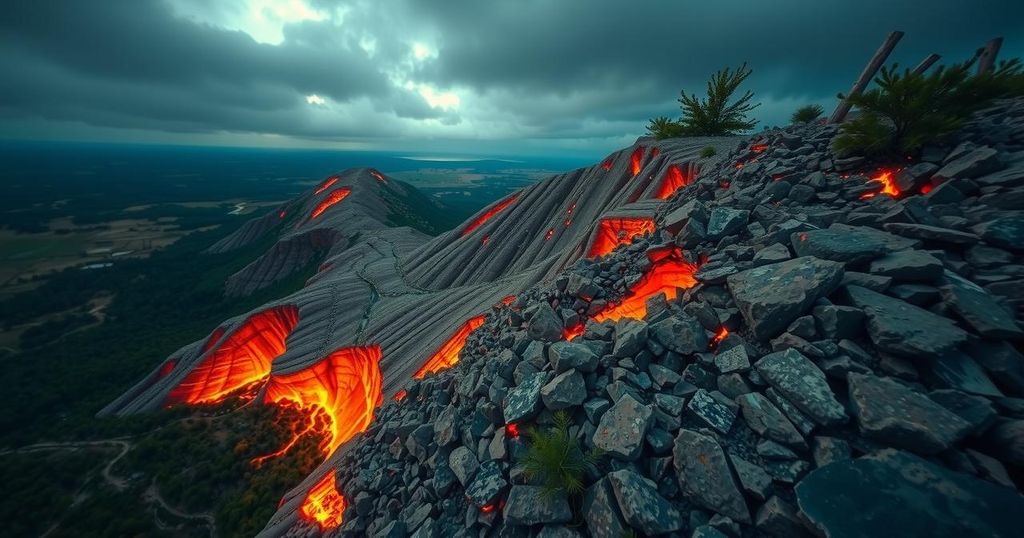Insights from the Russia-Zimbabwe Geological Expedition

Russia and Zimbabwe’s first joint geological mission has yielded rock samples and paleontological discoveries in the Magondi belt, along with the establishment of two environmental monitoring stations to facilitate ecosystem and climate research.
The inaugural joint geological expedition between Russia and Zimbabwe has been successfully completed, engaging both experts and students from the University of Zimbabwe and the Russian State University for Geological Prospecting. The mission concentrated on the Magondi belt in northwest Zimbabwe, an area noted for its rich geological features, from which the team extracted significant rock samples and achieved notable paleontological findings. Furthermore, the expedition led to the establishment of two environmental monitoring stations, named ECOGEOSCAN 1 and 2, at the University of Zimbabwe, thereby representing a significant advance in bilateral scientific collaboration. These new facilities are poised to improve investigations into regional ecosystems and climate phenomena, yielding better insights into the geological evolution of Africa’s crust.
The collaboration between Russia and Zimbabwe in geological research represents a noteworthy step in international scientific partnerships, particularly in regions with diverse geological formations like the Magondi belt. This area is characterized by a complex geological structure and holds great potential for advancing our understanding of earth sciences. The establishment of the ECOGEOSCAN environmental monitoring stations further emphasizes the commitment of both nations toward fostering research that addresses ecological concerns and the impacts of climate change, which is increasingly vital in our global context.
In summary, the joint expedition by Russia and Zimbabwe not only facilitated significant geological and paleontological research but also marked a milestone in environmental monitoring within the region. The collaboration illustrates the potential of international partnerships to enhance scientific inquiry and environmental stewardship, ultimately contributing to the greater understanding of ecological systems and geological evolution.
Original Source: iafrica.com








